Tokyo 2020 Olympics: what it's like to live in the 'bubble' of the strangest Games in history
The second Japan-based Olympiad in its history will take place in the midst of a state of emergency
The first warning is given on the plane that takes us to Japan. Upon landing, the captain's voice welcomes Tokyo, but this time the generally warm message is accompanied by a first directive: "All those connected with Games, stay in place."
It's just the beginning of a marathon of tests and documentation that awaits the participants of what is already the strangest Olympics in history, with its restricted bubble.
Inside the bubble, the faces are friendly and smiling. Outside of it, it is possible to note the concern with the first positive tests for covid-19 of the Games, the increase in the number of scandals and requests for cancellation of the event, in addition to the indifference of citizens.
"What do I think about what? About the Games? Well, that's it," replied a young Japanese woman who, in keeping with the characteristic local hospitality, made a point of helping me find transport in my first hours in the country's capital.
The green paper scavenger hunt
A color determines your luck when you arrive at Haneda airport: "Green paper? Oh, you'll still have many hours to spend here...", a security officer from a foreign delegation warned me.
He was right, although I didn't know it at the time (or didn't want to believe it).
In the days before the trip, it was a challenge to gather all the necessary documents (with the correct stamp, the data in Japanese, the health or geolocation applications giving up all privacy, the coronavirus tests, the daily 14-day temperature measurement , etc.), and the folder I needed to keep on hand was overflowing.
One of the plane's hobbies: filling out forms
But I still received the green paper of "shame"—as one of my colleagues would later describe it. This means that part of the complicated process that began months ago had not been approved by the authorities. As a result, I would have to wait longer to settle all the formalities—five hours, to be exact.
In that maze where every few meters it was necessary to present a different document, culminating in a saliva test, the feeling was one of kindness: there were many controls, yes, but generally administered by a young team always smiling and with infinite patience.
It's not easy to welcome travelers from all over the world, from athletes to journalists, delegates or expert coaches, after a long trip, having to help them download apps, subscribe to complicated systems and help them use (or surpass them). ) The technology.
"This is ridiculous," exclaimed an Italian journalist, after more than an hour of waiting for the results of his saliva test in a huge waiting room. In front of him, a screen in which the assigned numbers appeared in dropper.
Testing negative for covid paves the way for immigration, which is often a nightmare at airports around the world, but is quick and even pleasant in Haneda.
From scavenger hunt to quarantine
If the first test of these Games is leaving the airport, the second is undoubtedly the quarantine, whose period and restrictions vary depending on the country of origin and the time of arrival in Japan.
In my case, it was three days of moderately strict isolation, as it is allowed to go out once a day for a coronavirus test at the press center (lasting no more than two hours in total) and about 15 minutes a day for purchase basic necessities after registering with a security officer who is in the hotel lobby 24 hours a day.
Inside the 'bubble', all are smiles and illusions
But these restrictions have been greater for some athletes, as was the case with the Salvadoran delegation.
"After being locked up for five days, without even going to the corner, the Vila Olímpica seems like a paradise to us," Claudio Martínez, Salvadoran communications chief, told me.
After learning "the art of drawing saliva where there is none" to take the daily tests, he commented, chuckling, that he was unimpressed by his accommodations.
Salvadoran athletes Argentina Solórzano (right) and Celina Márquez
"Nobody controls you here, not that you need to leave the village, here it's so big that it's already a city."
The first Salvadoran boxer to participate in the Games, Argentina Solórzano, also said she was happy with everything and said she was not worried about the coronavirus.
Despite the cases of covid-19 already registered among some athletes from the Olympic Village, the confidence in the system and the hope that the Games will serve to bring a little joy to the world are repeated in all conversations with the athletes.
"We're all more or less used to living like this (...) The truth is that I try not to live in fear, I think it's paralyzing, it doesn't add much, that fear that terrifies you (...) I don't waste time thinking about it" Francisca Crovetto, a Chilean who is going to compete in the Olympic shooting, told me.
'I try not to live in fear, I think it's paralyzing,' said Chilean Francisca Crovetto
"I'm happy, at some point we thought that [the Olympics] wouldn't happen, these are Games that the world of sport needs, but also all of humanity," said Crovetto, who will be one of Chile's flag bearers.
"The sport and the Olympic movement, in particular, convey this message of hope, it changes lives, it touches hearts and I feel that humanity needs it, and Tokyo 2020 will deliver it."
This same argument is cited by organizers. But that message stands in stark contrast to the environment outside this privileged bubble, where enthusiasm is scarce and problems pile up.
The most recent of the crises came on Monday (19/7): the resignation of the composer of the opening ceremony music, Keigo Oyamada, after the scandal over some interviews he gave years ago and in which he admitted to having harassed fellow bearers of disability during childhood.
Tokyo 2020 organizers initially wanted to continue working with the musician and accepted his apology, but later they concluded "that this decision was wrong" and apologized for "the offense and confusion" caused.
Tokyo 2020's main press center
Before that, the former president of the organizing committee had resigned due to sexist comments. There was also the withdrawal of advertising support from one of the event's major sponsors, Toyota, whose executives will not attend the inauguration due to lack of popular support for the Games.
"All of this also increases the concern with contagion, which the entire Japanese media is following in detail. Everything together is a disaster", comments Hermosín.
And so Tokyo will inaugurate on Friday (23/7) the second Olympics hosted by Japan in its history in the midst of a state of emergency, with no public and with a large part of the population opposed, according to the latest polls.
It will be a great challenge for the nation that wanted to demonstrate its "rebirth" after the triple crisis of 2011 and its return to the first echelon of the world, with an eye on the rise of China, which will host the 2022 Winter Games in Beijing .
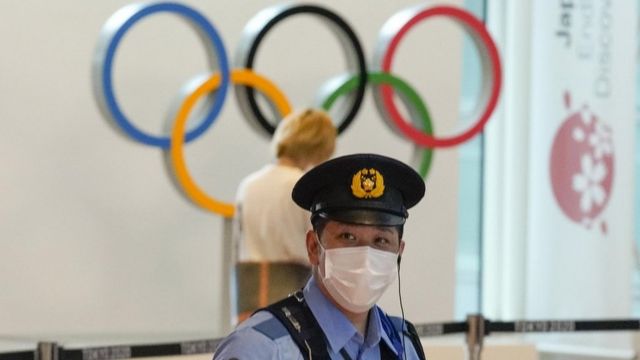
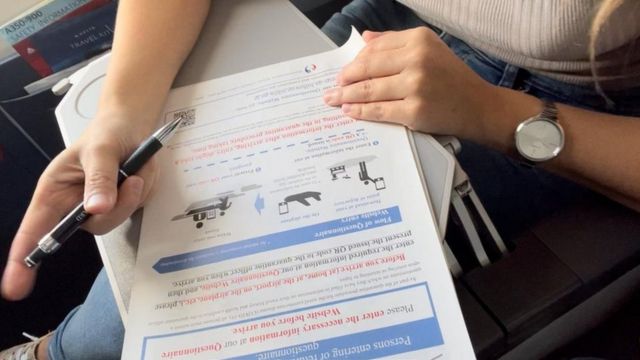
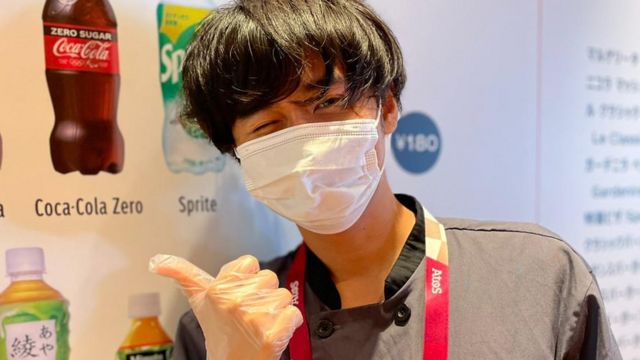
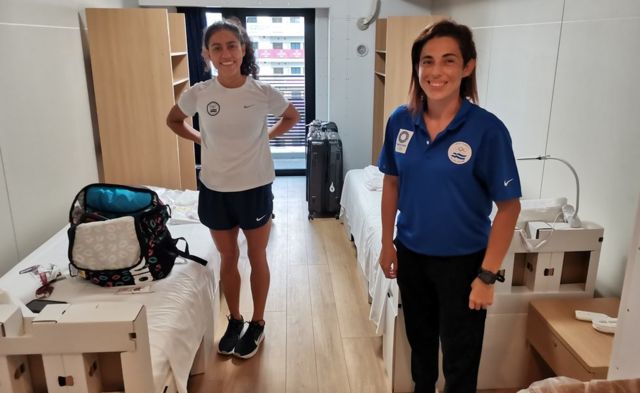

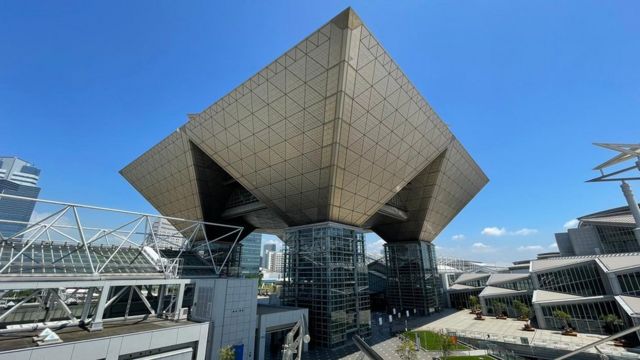

No comments:
Post a Comment